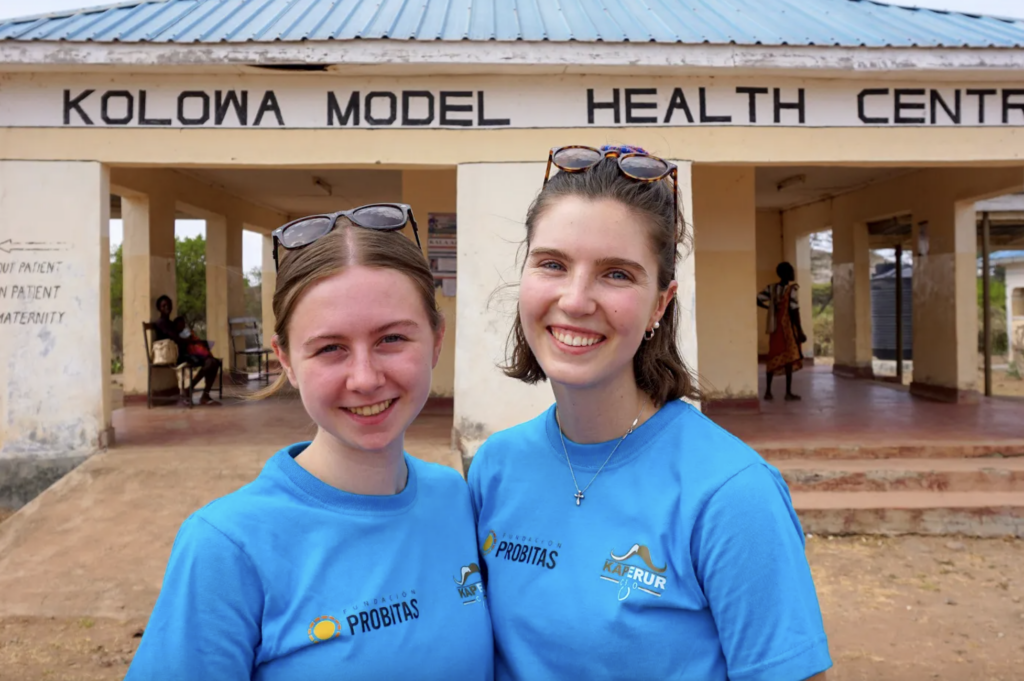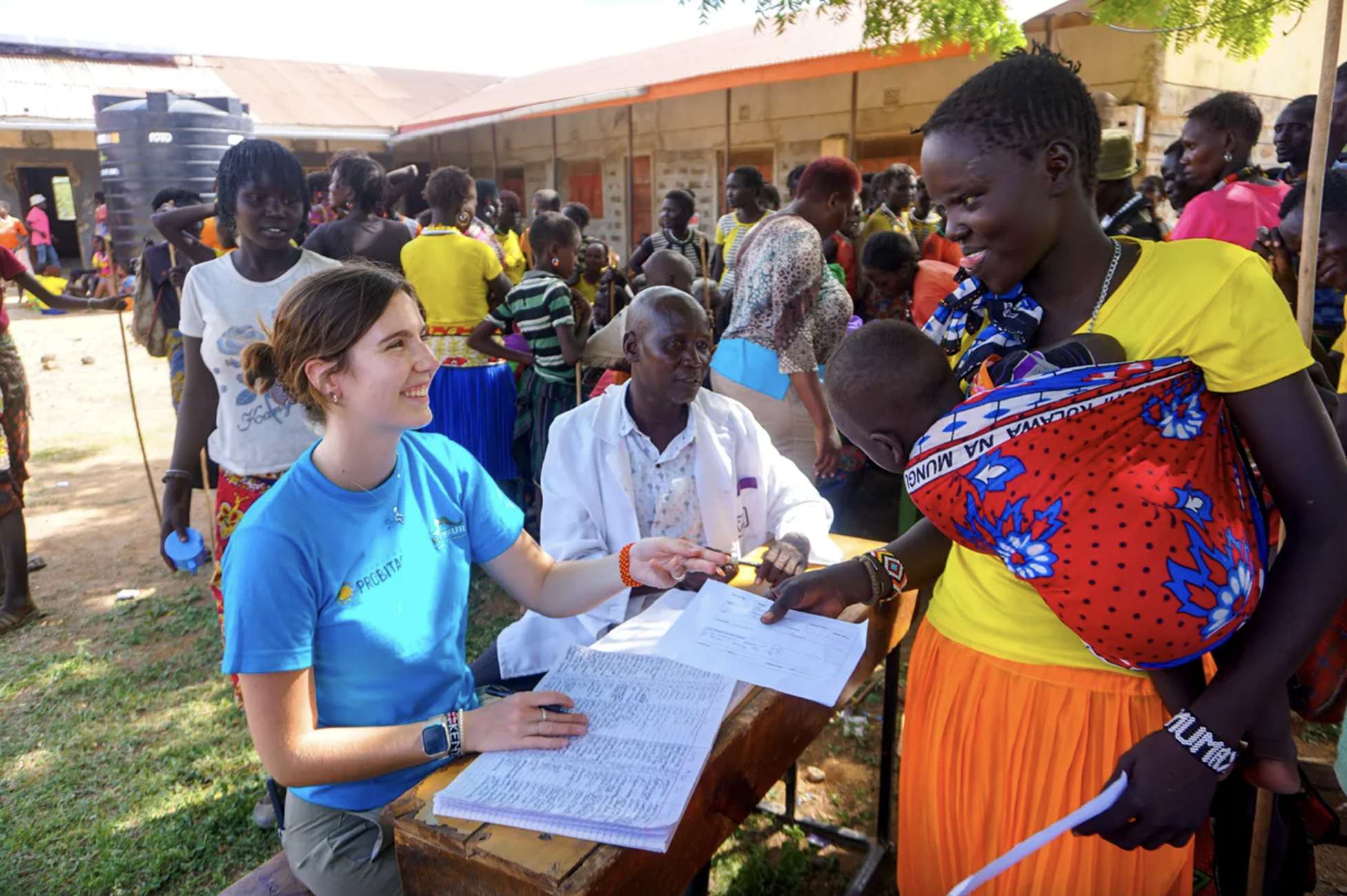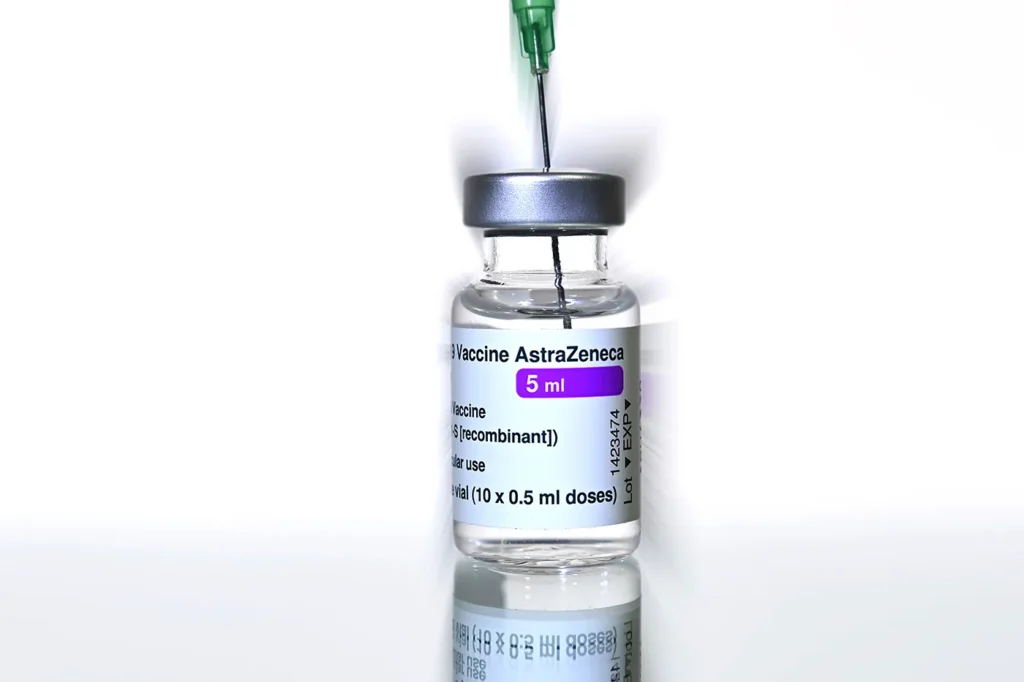You may never have heard of visceral leishmaniasis, even though it’s the second deadliest parasitic disease in the world.
As far as this type of disease goes, Doctors Without Borders says it’s topped only by malaria and is nearly always fatal if not treated.
But its occurrence among impoverished and marginalized people in locations including Brazil, East Africa and India have led to its being overlooked as a subject of study and treatment, giving it the official status of a neglected tropical disease.
Northeastern students Grace Kennedy and Katherine O’Brien want to change that.

For their spring semester co-op they traveled to Kenya to do research on visceral leishmaniasis at a clinic in Baringo County established several years ago by Richard Wamai, an associate professor at Northeastern and global health expert.
Having recently returned to their homes in California and New Hampshire, Kennedy and O’Brien talked about their research, Wamai’s research clinic—The Research on Multi-Disease and Educational Services (TERMES) Center—and why they loved Kenya.
Both health science majors, Kennedy and O’Brien lived and worked together during their five months in Kenya, dividing their time between field research in Baringo County and academic projects in Nairobi.




